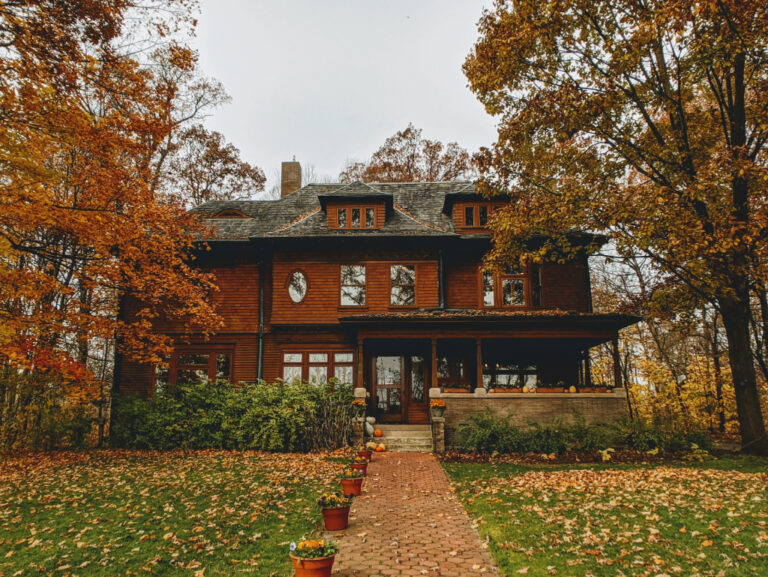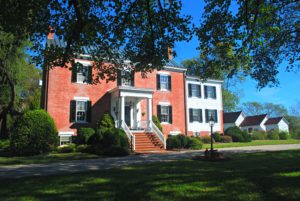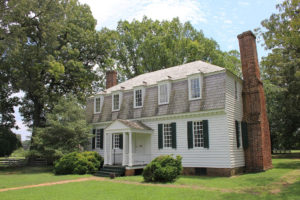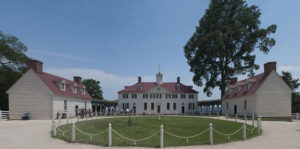Photo by Adam Bouse on Unsplash
Being one of the first permanent colonies of the United States, Virginia has been home to historically valuable homes. The Commonwealth of Virginia has preserved its historic character by constructing numerous landmark homes. Its historically rich background is one of the main drivers of why many people buy real estate properties in the area.
If you are curious about what it is like to live in a historic home, you have come to the right place! In this article, you will learn about the historic homes in Virginia, as well as the many reasons why you should consider moving to this historically significant state in the United States!
What It's Like to Live in a Historical Home in Central Virginia
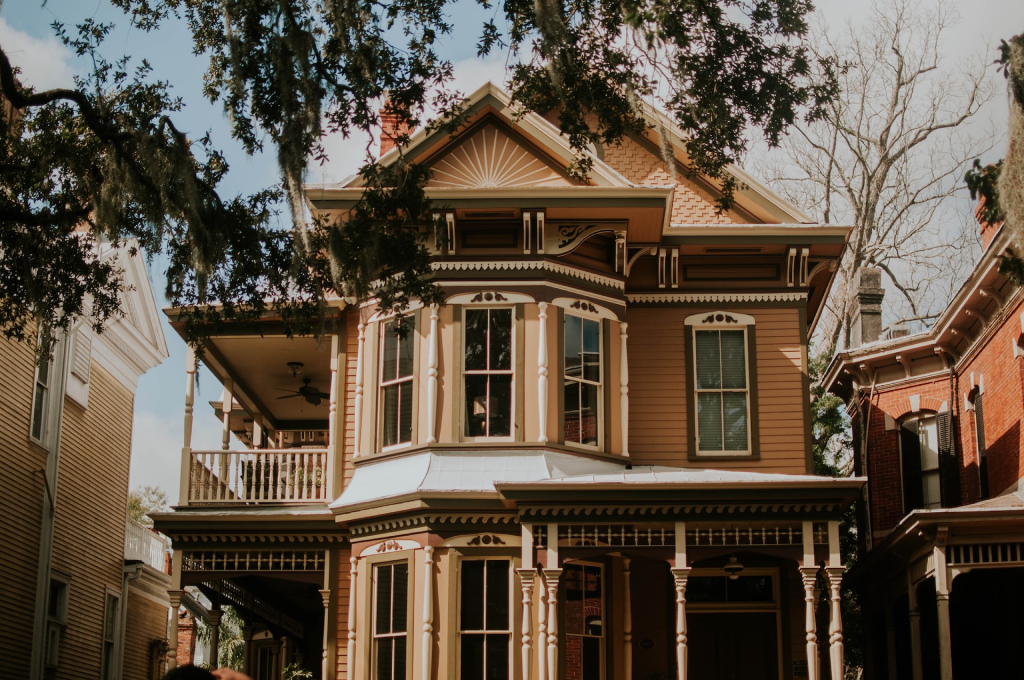
Photo by Jessica Furtney on Unsplash
Monticello, the famous Charlottesville estate of founding father Thomas Jefferson, and other living history museums like the Jamestown Settlement and Colonial Williamsburg are all found in Virginia. These are just some of the landmarks in Virginia that were able to preserve the state’s long history.
If you have an interest in history, particularly the ancient and lengthy history of the original American colonies, you will be fascinated by how historically and culturally rich the areas of Virginia are.
Even up to this day, although everything has been more modernized in this century, there are still antiques, architecture, and residential characteristics from decades past that are still in use today.
Here’s what it is like living in a historic district:
Eye Catching Architecture
If you’re not into conformity, a historic home could be just what you’re looking for. In the design of historic houses, it is usual practice to draw inspiration from a variety of visually beautiful architectural eras, including the Modern, Georgian, Colonial, Federal, Victorian, and Spanish periods.
Your sense of sight will be spoiled on a daily basis by the artistic splendor of these dwellings!
The Resale Value Is Significantly Higher
The resale value of historic real estate is substantially higher than the value of typical real estate, which means that it is a good investment regardless of whether or not you plan to live in the home permanently.
Since these houses are associated with history, the market values of these properties can skyrocket to multiple millions of dollars, depending on their historical significance.
Maintenance and Restoration Costs Are Less Expensive
In contrast to widespread belief, the costs of maintaining and restoring historic properties are significantly lower compared to those of more recently built homes. These buildings were constructed at an exceptionally high standard, which has allowed them to remain sturdy even though they were constructed more than fifty years ago.
How Did You Find Out the Home Was Historically Significant?
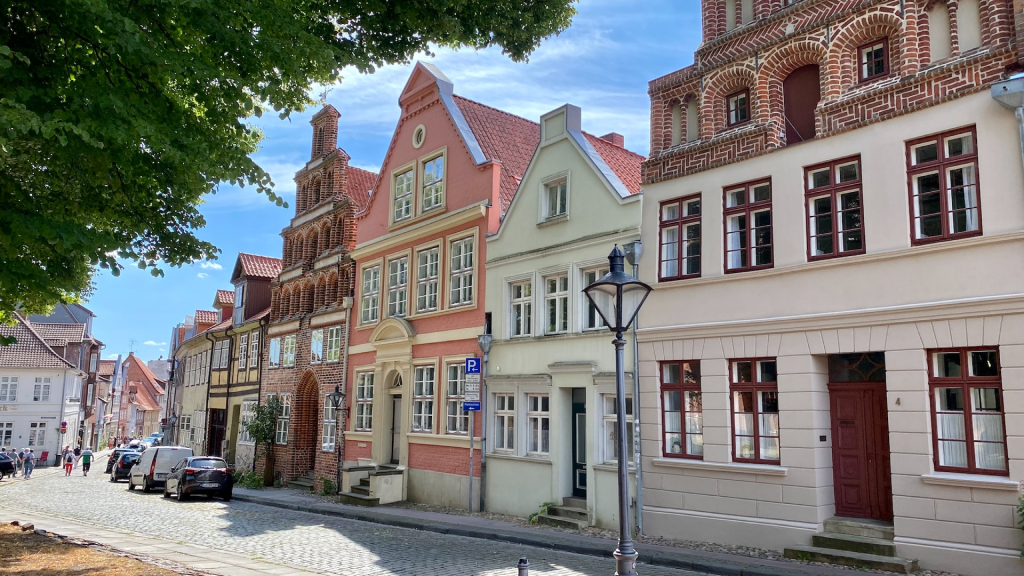
Photo by Pieter van de Sande on Unsplash
Notable historical real estate properties are held to a different set of guidelines and regulations in order to guarantee that they will be protected at all times and that their historical significance and the symbolic features of the house are well-preserved.
However, you don’t have to put yourself through unnecessary stress with all of these regulations. After all, the goal is to ensure that the character and authenticity of your property are conserved in the highest possible quality.
How Do We Know If Your House Is Historically Significant or Just a Typical Old Property?
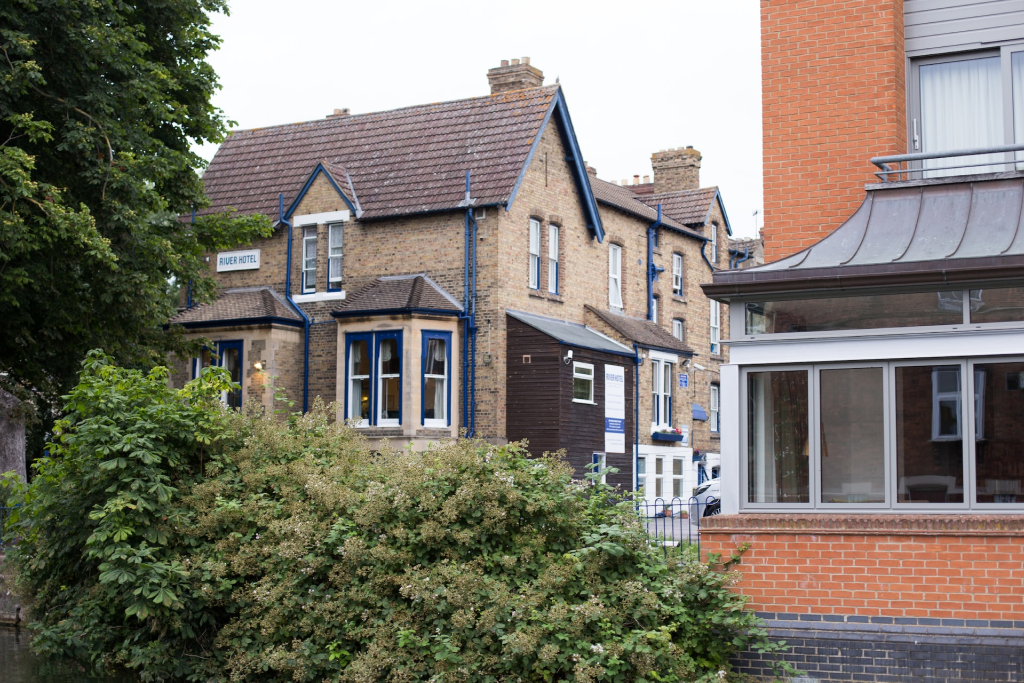
Photo by Tetiana SHYSHKINA on Unsplash
Let’s first define what a historical house is. The National Register of Historic Places and local historic boards identify and preserve historically or architecturally significant buildings.
These properties are examples of significant architectural styles, represent substantial historical periods, are associated with notable figures, or are situated in culturally prominent neighborhoods.
You know your house is historically relevant if it has been part of a historical event in the past. It is possible to get your home registered as a historic site if it has stayed the same over the years.
It is eligible for historic home registration if it holds architectural value or has some historical significance, like where a president of the US lived in their younger years. You’ll need to complete an application and appraise your home before registering it as a historic house.
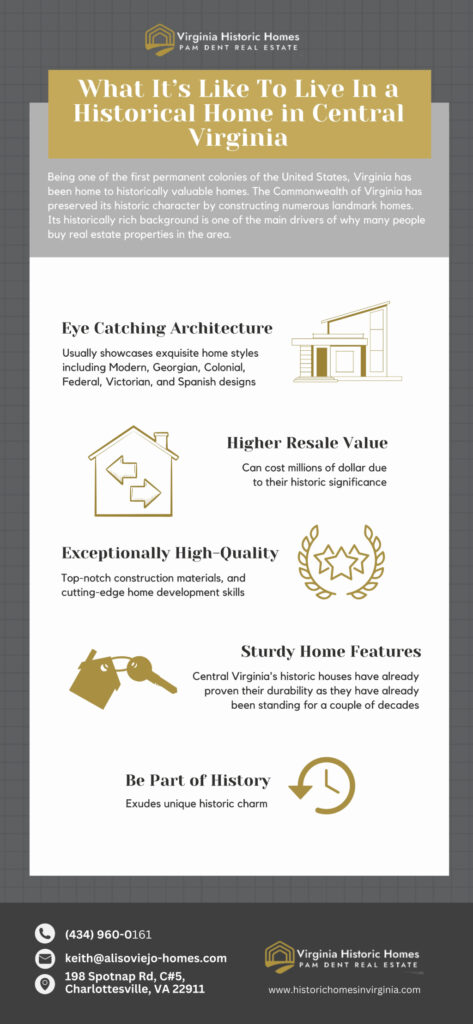
Wrap Up
Virginia is a beautiful place where you and your loved ones will find a house to call home. Now that you know what it is like living in a historic district, if you decide to move to Virginia and start living in a historic home, you can trust me with your real estate needs and wants. Feel free to call me at (434) 960-0161 for further assistance.
To keep you posted about the latest updates about Virginia, you can follow me on my social media platforms below:
You can also check out other real estate blogs here.
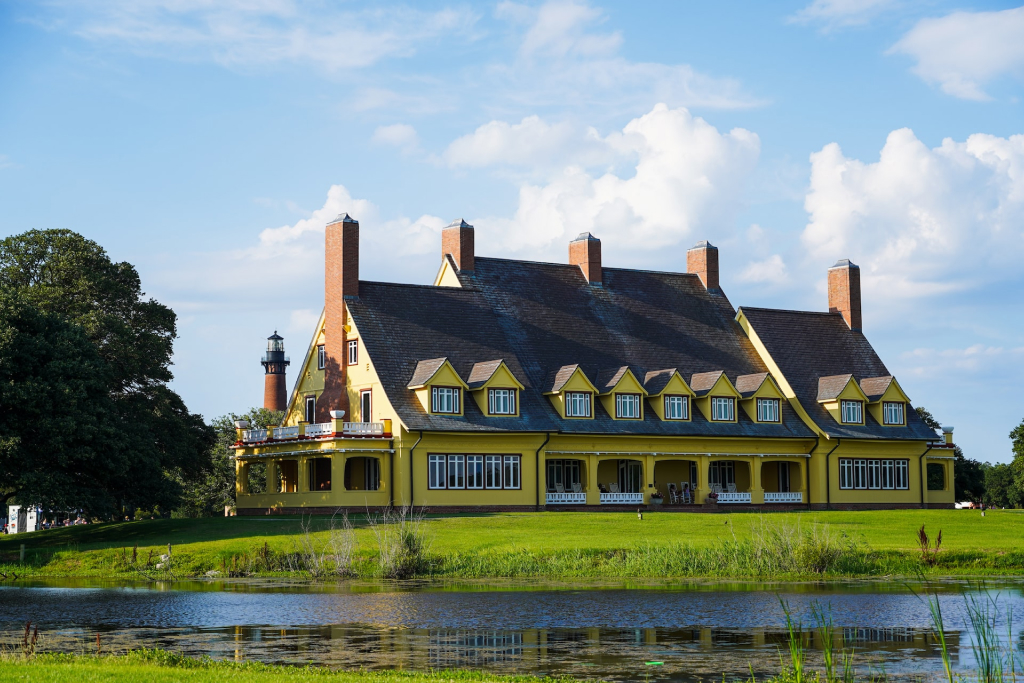
Frequently Asked Questions
What are some benefits of living in a historic home?
The fact that you live where historically significant events took place brings a unique feeling. The architectural styles of these homes are also absolutely stunning and brilliant. Plus, the craftsmanship in building historic homes is top-notch.
Are there any drawbacks to living in a historic home?
Many of the residences in historic districts are at least 50 years old. Therefore, they need maintenance and care. Historic properties that have yet to be adequately conserved are much more likely to suffer from problems including water damage, electrical issues, structural damage, and termite damage.
If you are living in a historical house, or are planning to buy one, make sure that you have it checked and inspected at least a few times a year.
How do you think living in a historical home can enhance someone's life?
Some home buyers prefer historical houses because they possess unique appeals. Living in a historic home can enhance one’s life sometimes because of its charming features. Historic homes exude a warm feeling that captivates the sentiments of the owners or anyone who visits them.
Some also believe that owning a historic house brings good karma. At the same time, some love historic homes because they want to relive or experience significant events from the past.
How to make a modern living room in a historic home?
There are instances when the government will not permit you to alter your historic home’s natural setup. However, since it is an old property, it is common to feel the need to do some renovation here and there. If you wish to modify your property, you must consult the local historic boards first.
